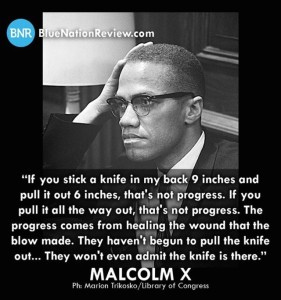 When teaching about race and racism, I invite participants to consider the following analogy: Think of racism as a gigantic societal-sized boot.
When teaching about race and racism, I invite participants to consider the following analogy: Think of racism as a gigantic societal-sized boot.
“Which groups do you think are fighting the hardest against this boot of racism?” I ask them. Invariably, participants of diverse races answer that those fighting hardest to avoid getting squashed by the boot are people of Color. (Keep in mind that I don’t ask this question on day one of our study of race. Rather, participants come to this conclusion after exploring the concept of White privilege and studying the history of race and racism in the United States through multiple sources and perspectives.)
“If that’s true,” I continue, “then who do you think is wearing the boot?” The participants’ answer (though it often only reluctantly hits the air): White people.
“If that’s true, then whose responsibility is it to stop the boot from squashing them? The people of Color already pushing upward and resisting the boot? Or the people wearing the boot–consciously or not–who contribute to a system that pushes downward?”
Everyone has a role in ending racism, but the analogy shows how little sense it makes for only those facing the heel-end of oppression to do all the work. It’s time for White America to take on a far bigger role in taking off the boot.
There are no doubt complexities that come with White Americans working for racial justice. White privilege can lead to a chronic case of undiagnosed entitlement, creating poor listeners, impatient speakers who talk over others, and people unaccustomed to taking orders. Nevertheless, the movement for racial justice needs more White Americans to get involved. And it’s our responsibility to help each other get involved–and get involved productively.
I compiled this list to help White Americans do so. One positive to emerge from these difficult times is the wealth of resources now available for White Americans. Never have I seen so many ideas, options, and concrete steps to take action against racism. And we are making progress: Looks Like White Americans Are Finally Starting to Come Around on Race and Policing. A few police officers are even being held accountable–finally–for their devastating decisions.
But so much work remains.
A few notes about this list:
- To keep this list from becoming overwhelmingly long, I prioritized recent sources–from Ferguson to Charleston–and organized them in reverse chronological order.
- Every resource listed is relatively short. Not one of these resources links to a book (except here, here, and here). In other words, there’s no excuse not to dig into them.
- Many links on the list focus on the recent killings of Black men, but, as the three articles below illustrate, institutionalized racism has a much longer reach (and that these lists are hardly comprehensive):
- It’s Incredibly Scary to Be a Transgender Woman of Color Right Now, published by Mother Jones on June 26, 2015
- Black Women Are Getting Killed by Police Too — So Why Aren’t More People Discussing It?, published by Mic on May 11, 2015
- The Police Are Killing One Group at a Staggering Rate, and Nobody Is Talking About It, highlighting the frequent killing of Native people by law enforcement that receives little to no media attention, published by Mic on February 5, 2015
- Finally, by “curriculum,” I do not mean a unit of study for classroom use (to be clear: this list is separate from my work in the classroom); rather, these resources, inspired by the #Charlestonsyllabus, are for anybody who wants to learn more from perspectives often underrepresented among many White circles.
Reading Articles Written Specifically for White Americans
To My White Friends Who See Tragedy in the Black Community and Say Nothing, Make it Personal, published by Huffington Post on June 26, 2015
‘We need co-conspirators, not allies’: how white Americans can fight racism, published by The Guardian on June 26, 2015
Be Less Racist: 12 Tips for White Dudes, by A White Dude, published by Mash-up Americans
7 Ways To Be A White Ally For Charleston And The Black Community, published by Huffington Post on June 19, 2015
10 Things All White Folks Need to Consider about the #BaltimoreUprising, published by Everyday Feminism on April 29, 2015
11 Things White People Can Do to Be Real Anti-Racist Allies, published by AlterNet on April 27, 2015
6 things I wish people understood about being biracial, published by Vox on March 11, 2015 (This one is not specifically addressed to White people but many would benefit from reading it.)
What white people need to know, and do, after Ferguson, published by The Washington Post on November 28, 2014
12 Things White People Can Actually Do After the Ferguson Decision, published by Huffington Post on November 26, 2014
To follow sources that publish such articles, find an extensive listing here. If these articles leave you with unanswered questions, there’s now even a website devoted to answering the questions of White Americans: askawhiteperson.com.
Understanding Whiteness, White Privilege, Microaggressions, and a History of Racial Discrimination
Native Americans Get Shot By Cops at an Astonishing Rate, published by Mother Jones on July 15, 2015
Slavery to Mass Incarceration, a five-minute video, narrated by Bryan Stevenson of the Equal Justice Initiative, that concisely contextualizes mass incarceration as an evolution of slavery, published on July 7, 2015
I, Racist: Why I don’t talk about race with White people, published by Medium on July 6, 2015
The Atlantic Slave Trade in Two Minutes, a short video that provides a “haunting” glimpse into the mass abduction, abuse, and murder of Black people that lasted centuries, published by Slate Magazine on June 25, 2015
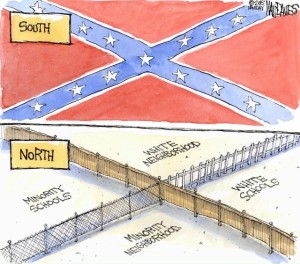 What Is Whiteness?, published by The New York Times on June 20, 2015
What Is Whiteness?, published by The New York Times on June 20, 2015
We Need To Talk About White Culture, published by The Daily Beast on June 19, 2015
Historian Says Don’t ‘Sanitize’ How Our Government Created Ghettos, a 35-minute interview with Historian Richard Rothstein, in which he links current racial inequities directly to past governmental policies, from NPR’s Fresh Air on May 14, 2015
White Fragility: Why It’s So Hard to Talk to White People About Racism, published by The Good Men Project on April 9, 2015
Only Part of the Story Is Being Told About the Police Shooting in Pasco, published by Time on March 3, 2015
Our Anti-Immigrant Racism Is Rooted in History, published by Common Dreams on February 17, 2015
Killing in Washington State Offers ‘Ferguson’ Moment for Hispanics, published by The New York Times on February 16, 2015
If Anyone Ever Questioned How White Privilege Manifested Itself in America This Is The Perfect Illustration, a five-minute video excerpt showing that, though race is a social construction with no scientific basis, governmental policy systematically gave it social and economic significance–all to the benefit of White Americans over the course of centuries–from Atlanta Blackstar on February 2, 2015
We Can’t ‘Get Over It’: 4 Ways Understanding Past Wrongs Can Create Better Indigenous Allies, published by Everyday Feminism on January 15, 2015
Why Ferguson Should Matter to Asian-Americans, published by Time on November 26, 2014
Joining Groups
Coalition of Anti-Racist Whites (CARW): a group of white people in the Seattle area working to undo institutional racism and white privilege through education and organizing in white communities and active support of anti-racist, people of color-led organizations. We support the self-determination of people of color, honor their leadership and are held accountable to people of color-led organizations.
European Dissent: A national network of groups with the goal to be a visible force in the creation of a multiracial network of people intent on building working relationships between the white community and the communities of color in the struggle for a just society.
Showing Up for Racial Justice (SURJ): A national network of groups and individuals organizing white people for racial justice.
Parenting Racially-Conscious Children
How silence can breed prejudice: A child development professor explains how and why to talk to kids about race, published by The Washington Post on July 6, 2015
It’s My Job to Raise Children Who Are Not Only Not Racist But Actively Anti-Racist, published by Huffington Post on July 1, 2015
The Hard Talk: White Parents Discussing Racism with White Children, published in Uprooting Criminology on June 20, 2015
.
Facing this country’s racist past and present will likely stir up a lot of feelings for many of us. Guilt may be among them. In dealing with guilt, I encourage you to read the words of Audre Lorde:
.
.I cannot hide my anger to spare you guilt, nor hurt feelings, nor answering anger; for to do so insults and trivializes all our efforts. Guilt is not a response to anger; it is a response to one’s own actions or lack of action. If it leads to change then it can be useful, since it is then no longer guilt but the beginning of knowledge. Yet all too often, guilt is just another name for impotence, for defensiveness destructive of communication; it becomes a device to protect ignorance and the continuation of things the way they are, the ultimate protection for changelessness.
.
Instead of spending your energies on guilt, I encourage you to spend them seeking inspiration to act. There’s no shortage of inspiration. For a moment on June 30th, in the wake of terrorism in Charleston, you could even find it on a flagpole at the South Carolina State House.
Less than two weeks after Bree Newsome’s act of resistance, the governor of South Carolina signed a bill into law removing the Confederate Flag from the State House. Change is possible.
Stay connected for more ways to fight for social justice!
To learn more about the race curriculum controversy that led to the creation of this website, a controversy in which a public school district attempted to shut down a long-established study of race for seniors–all based on the misinformation of one White family–click here.

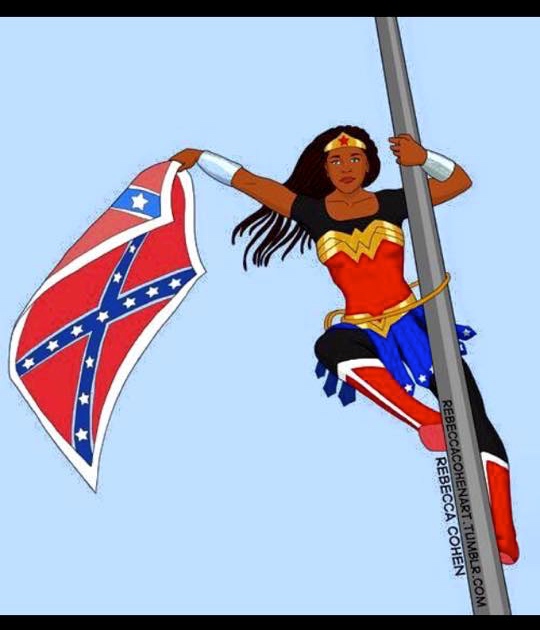
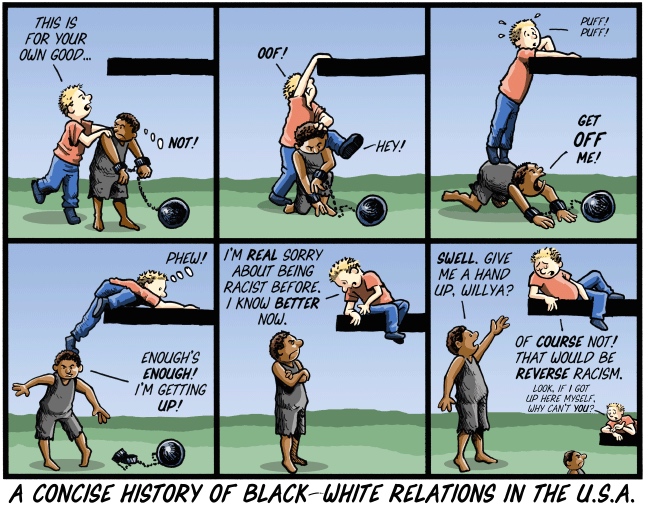
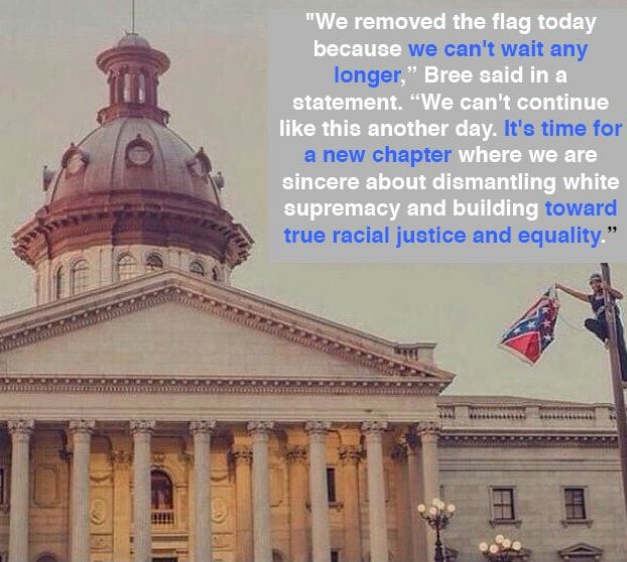
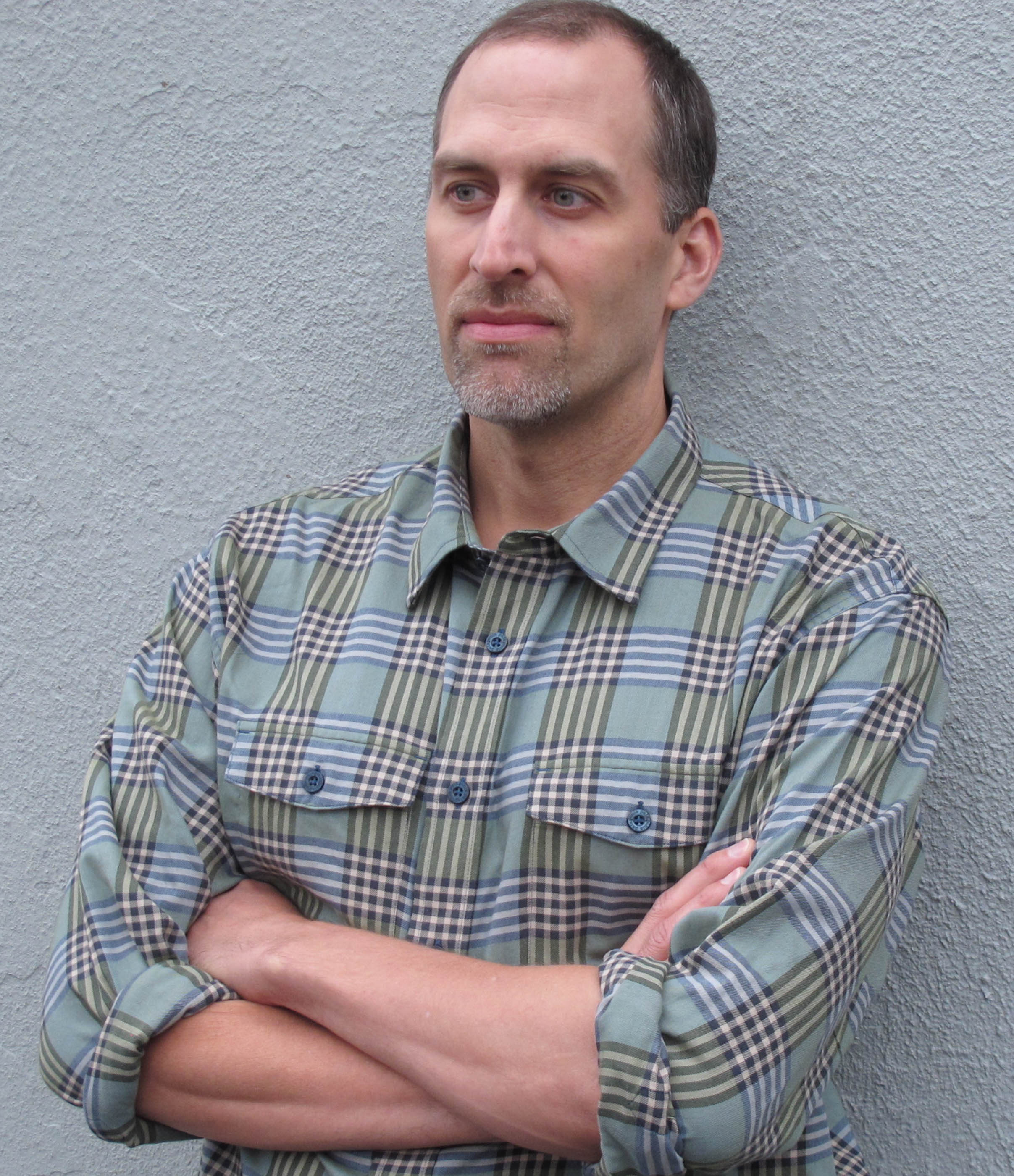



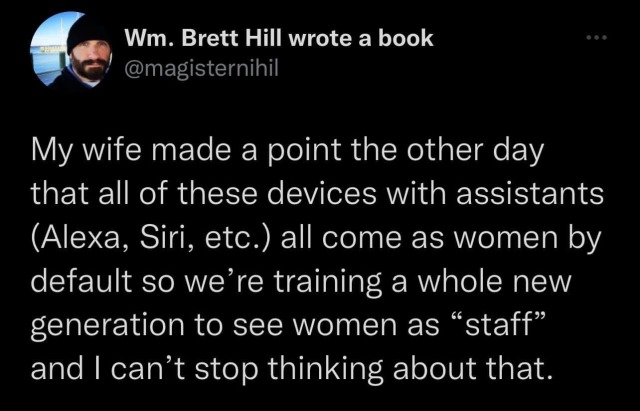
May I suggest my own essay re white passivity-as-racism? I hope you’ll read it — thanks.
http://lareviewofbooks.org/essay/dancing-with-michael-jackson
Thank you for sharing and putting this together. I work at a University and these resources will be beneficial to teach and educate students about topics of privilege.
It is important to note that Native Americans experience extreme racism and yet their plight is rarely addressed.
Wisconsin has the highest incarceration rate for Native Americans. But it is hardly mentioned.
I have to agree with you Jennifer. If we are going to address any form of racism, we have to look at ALL groups and start of the hard work of really looking at the root causes and tackle them.
Jennifer and others, thank you for your responses. While it’s important to talk about all cultures, it should be ‘noted’ that African American people are the only group that is discriminated against by everyone. Including Native Americans, Latino/Hispanic Americans, Asian Americans and White/European Americans. Until we can accept this, we will never fully embrace equity. Your mere comments alone take away from the fact that these brutal crimes that take place are typically filled with implicit biases and stereotypes based on skin color. Furthermore, all the aforementioned groups can either blend in and become other races or can claim their heritage and true ethnic identity.
For example, non-European Latinos can be “White” on the Census and Native Americans can be Latino if they so choose. Secondly, most everyone can claim their heritage and true ethnic identity (i.e., tribe) except for African American and African Caribbeans — regardless of DNA testing that shows similarities to certain tribes without 100% accuracy.
Thanks for this. It’s great to have a collection of resources.
Suppose someone starts using your resources and starts up a community to seriously think about these things and consider what it means. Would you want to know?
That would be great, Stephen. Thank you!
I’d like to suggest this book as well as it very descriptively reveals how modern race/racism lives in subconscious, conscious, unconscious, covert, and overt ways; and it does it with empathy and humor without putting the reader on the defensive. It’s entitled, “50 Years of Assimilation, From the Midwest to the Wild West and All the Blackness & Whiteness In-Between”, available now on Amazon, and through bulk discount orders. Please use the link to take a sneak peek, or email directly.
http://www.amazon.com/Years-ASSIMILATION-Blackness-Whiteness-In-Between/dp/1935885065/ref=cm_cr_pr_product_top?ie=UTF8
I suggest “Waking up White” by Debbie Irving.
http://www.amazon.com/Waking-White-Finding-Myself-Story/dp/0991331303
I agree with this book recommendation. I read it last year and it really opened my eyes. As a middle-class white woman in the Midwest, I am humbled and ashamed and ready to shut my mouth and open my heart.we can do so much better.
Thank you. I am struggling with undoing the racism and sexism my son comes home with from his fathers (we each have half custody). He is a loving child, full of enthusiasm. I cannot emphasize the sadness it causes me to see these fears being pressed into his young open mind and free spirit. Most of the sexism is gone. And thank goodness for children’s books where we can pour over and hold discussions about race without children who aren’t white near. We have many friends of all colors…but the books have erased all thought of race and gender-bias within children. Adult leaders in stories has been no problem either…he loves Ghandi and MLK etc. The next frontier is adult strangers. *sigh* will the battle never end? I am sure there is a light at the end of the tunnel. Thank you so much for these resources. Many thousand Blessings to you and yours!
*my son is 6
Vimeo has videos by Robin D’angelo who dissects white fragility and white liberal racism.
read bell hooks
Robin D’angelo’s book “White does it mean to be white? Developing white racial literacy.” is also very good – a detailed and well-researched introduction. https://www.amazon.com/What-Does-Mean-White-Counterpoints/dp/1433111152
Her video: http://www.gcorr.org/video/vital-conversations-racism-dr-robin-diangelo/
GREAT list! I’d like to suggest my book especially for White Women, Antagonists, Advocates and Allies: The WAKE UP Call Guide for White Women Who Want to Become Allies with Black Women. It can be accessed at http://www.shetalkswetalk.com
We will throw our book in the mix as well. VITAL: A Torch For Your Social Justice Journey was an Amazon Bestseller and has been described as an accessible and practical introduction to the topic of social justice and allyship.
http://www.amazon.com/VITAL-Torch-Social-Justice-Journey-ebook/dp/B019ULXBFU/ref=tmm_kin_swatch_0?_encoding=UTF8&qid=&sr=
I am white ( look ) white . I’m 1/2 Cherokee . My parents were Hippies in the 60s in California . Also my Dad a Jazz musician. We were raised to except everyone. I did not even know what racism was until I was 8/9 yrs old. I was appalled. We still are a Family Rainbow. All colors, and sexual orientations. Until recently I did not fully understand the kind of hate out there in other States.and I lived in the ( Getto ) in Oakland Ca! The hate I have seen lately is over whelming and ignorant . Unfortunately those minds ( Small ) will likely not change. People like that won’t take the time to read these books. I’m now afraid for my Bi racial Grandkids as well as my gay ones!!!! I have a list of your recommend books and will join one of the groups! Thank you. I hope you reach many with your well written article . I never will understand judging someone by race. I’m not proud to look so white, no one really is ( white ) we all came from somewhere else. I’m not proud to be an American either these days! Peace must win the day . Tiffany
I love how open and direct this message is. And I love how extensive the list of resources is, from people who want to help. You’ve all inspired me to re-educate myself.
I have no words for how amazing this is. God bless you, Mr. Greenberg. And if you don’t believe in god, I hope something in the universe rewards you for being so articulate, yet passionate towards these issues. I can’t tell if this is obvious or not but I feel the need to say as a person of color, racial allies are among the most honorable people this world, so full of hate and discrimination, has ever had.
Here’s a video you might want to add to your list: “Diet Racism” https://www.youtube.com/watch?v=xdyin6uipy4
This is a great resource! I’ve read a lot of these and look forward to reading the rest.
One article I didn’t see linked that I have had really engaging and important conversations about is “The Case for Reparations” by Ta-Nehisi Coates:
http://www.theatlantic.com/magazine/archive/2014/06/the-case-for-reparations/361631/
Jon, at the end of the summer I’ll also be releasing a book resource for white folks who want to do this work. It is a self-help anti racism guide called The World Without Racism. You can find out more at my website here https://writetheworldfree.com/a-how-to-guide-on-anti-racism/
Thank you for these resources!! So helpful. Do you have any suggestions for resources for teachers? I am a white woman teaching elementary music in a mostly white middle class school district who wants to educate my students more about racism.
Hello, Karen! I provide some resources here: https://citizenshipandsocialjustice.com/educator-and-parenting-resources/
From that list, I might start with Rethinking Schools and the Zinn Education Project. If you are teaching music classes, I imagine you could lead some powerful lessons on protest songs to provide a context for discussing race. In fact, here’s a link to such lessons: http://zinnedproject.org/teaching-materials/?media_types=songs-and-poems
Good luck!
Thank you very much for these helpful resources!
Here’s another great resource for picture books.
http://coloursofus.com/multicultural-childrens-books-based-famous-songs/
Thank you for this great resource, Silvia!
Dr. Robin DiAngelo has numerous publications, robindiangelo.com/publications/
“What Does It Mean To Be White? Developing White Racial Literacy” is especially good. I assisted in writing Chapter 15. First printing May 30, 2012. Her work on White Fragility has been featured in Alternet, Salon.com, NPR, and Colorlines. Interviewed by Phillippe SHOCK Matthew’s at https://www.youtube.com/watch?v=WeGFk780bHO
Understanding White Fragility with Dr. Robin DiAngelo.
Thank you for challenging me, as a European-American, to read, reflect, and act thoughtfully on what you have provided and continue to provide. Those who are quick and opportunistic to decry ‘political correctness’ (i.e. PC… however that is defined) must be challenged relentlessly to address the much more deeply embedded reality of what I call “cultural privilege”(i.e. “CP)and its poisonous effects in the American national experience. In other words, European-Americans in North America have always and continue to reap the benefits of ‘othering’ all people of color.
Great list! I have a suggestion for a valuable addition: http://www.colorofcrime.com/2016/03/the-color-of-crime-2016-revised-edition/. This is an analysis of crime data that shows that the stereotype that blacks commit violent crime at a higher rate than whites is COMPLETELY FALSE. This valuable information can help us work to empower marginalized communities of color within the United States; I highly encourage you to read it and add it to this list.
I have used my privilege to keep silent. NO MORE. NO EFFING MORE. If you are not helping, you are hurting. I will not be actively complicit in racism by closing my mouth, binding my fingers, and pretending this doesn’t exist. I am rolling up my sleeves and doing whatever I can – be that sharing an article, joining a march, or having a conversation with someone who shares an “all lives matter” meme. And I am educating myself and my children. I am not ashamed of my skin. I am ashamed of a society who values me more simply because of my skin. This is NOT OKAY. I am NOT OKAY with this. I am doing what I can, today, and continuing to read, listen, and learn to do more tomorrow.
Have you ever considered making this into an openly licensed education resource that could be used, shared, and remixed by educators all over the world? I think this would be an excellent addition to http://www.oercommons.org, if you are open to a creative commons license.
Please search for “The Importance of Cabo Verde in a Global Context” This book can be read in 45 minutes and explains the truth about how America owes her history and civilization to Africans and how this history is never mentioned in the schools of America. (Note, I am the author)
Regarding the above article, ‘We need co-conspirators, not allies’, here is a video of my live performance in which I ask Chicagoans on the North Side to join our fellow citizens on the South Side. I hope you’ll watch it—thanks. https://www.youtube.com/watch?v=xwwNMBFf0jM
Thank you for these materials. I will definitely use them for my high school classes. At this moment I am working on a Intro to Black Lit to be used for 11th Grade English.
thank you all for this important work ahead
Thanks for these relevant materials
Thank you Jon for putting this list of articles and resources together. One book that I would suggest as well is Jordan Flaherty’s “No More Heroes: Grassroots Challenges to the Savior Mentality.” It’s a short but powerful read that goes deep into the saviour mentality that some of us white folk can take on when we try to “help” others in their struggles and the great harm that this can cause.
https://www.akpress.org/nomoreheroes.html